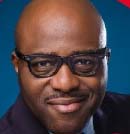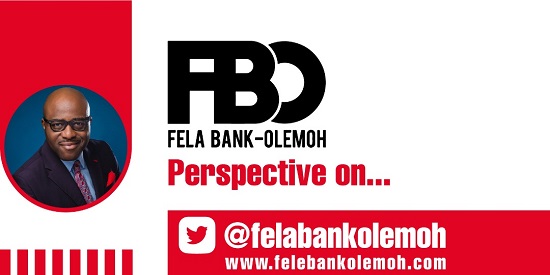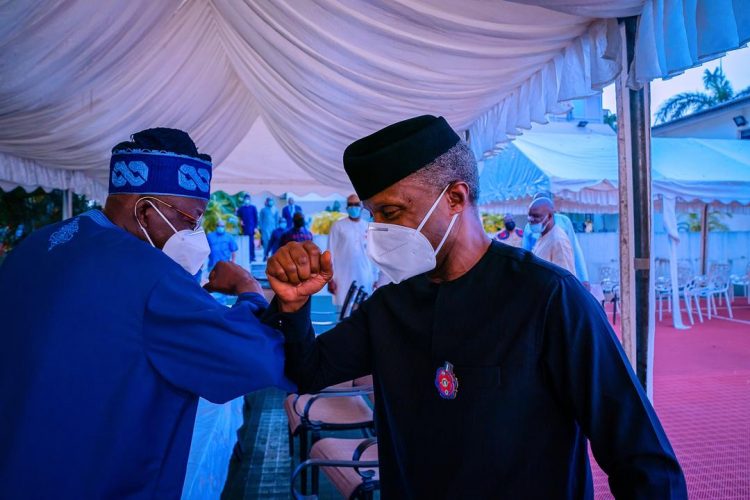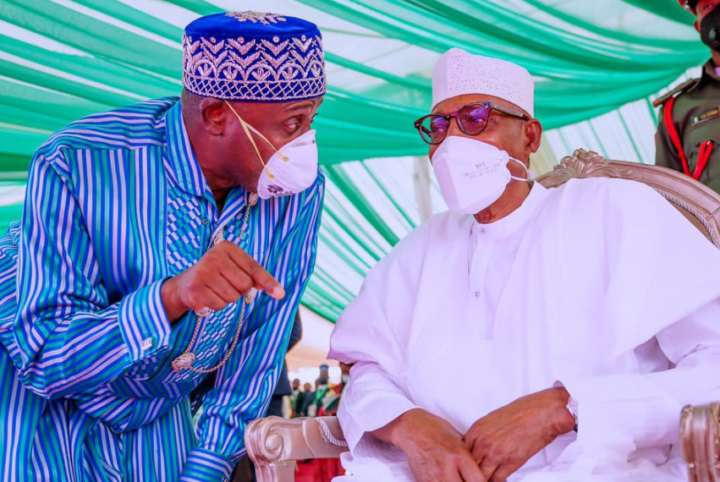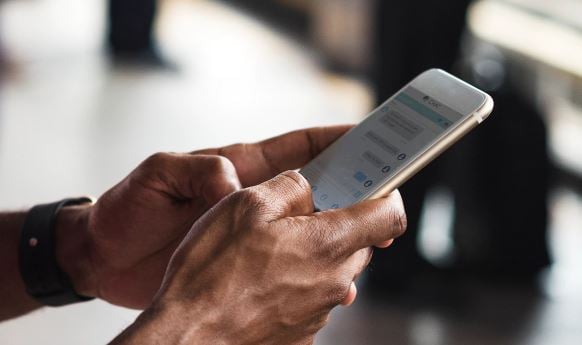Hi there,
This is a follow up to my previous article on Guidance & Counselling (G&C) in our education landscape. If you recall, I shared my thoughts on G&C & outlined 3 things we must do to improve our G&C units across the nation.
As I highlighted in my previous article, G&C refers to the services that promote personal, social, educational & career development in students. You might be wondering, “What are these services?” & “How do they foster the development of students?” By the end of this article, you will fully understand the concept of G&C and appreciate the role it should play within our educational framework.
In order to ensure the proper development of students, Guidance Counsellors work with 4 categories of people within our educational system – Students, Teachers, Parents & School Management.
Advertisement
I will be writing about the services Guidance Counsellors render to these 4 groups & how they should all work together to ensure the wholesome development of our students.
Students
“School Counsellors are the first line of support for students. Students can’t achieve academically when they can’t cope with social & emotional problems. School Counsellors can help guide students in their journey through childhood & adolescence”. – Richard Wong
Advertisement
Guidance Counsellors are supposed to be role models within the school framework. They are expected to develop friendly relationships with the students, listen to their challenges & guide them. If they carry out their roles effectively, they would be able to help students develop coping, organizing and communication skills, as well as provide them with the tools necessary to attain a sense of self-acceptance.
Guidance Counselors play a vital role in two major areas of the students’ life – Academics (which includes career guidance) & Personal development.
1. Academics & Career
This is an aspect of G&C that many of our schools somewhat offer at the Senior Secondary level, however – there is so much more we should be doing. In Nigeria, students as young as 13 have to decide what choice of subjects they will study in senior secondary school and these decisions can have a lifelong impact on them. Ideally, they should be working with Guidance Counsellors – who can advise them on subject choices that best suit their personalities, academic strengths & weaknesses. In fact, it is important to ensure that at every transitional stage of education, students employ the services of Guidance Counsellors. In America and a number of western european countries, visits to Guidance Counsellors is one of the most important activities students engage in while applying to universities. This is something we must emulate as a nation.
Advertisement
2. Personal Development
This is an area where Guidance Counsellors can make a lot of difference. The effect of proper G&C on the personal development of students cannot be overemphasized. Students spend most of their formative years within the school system, particularly those who attend boarding schools. At these stages, they go through puberty, peer pressure & the effects of social media on their self-esteem & values. There are so many things competing for the time & attention of our students. This is why I believe that we need to strengthen our G&C framework.
Properly trained Counsellors would help students & their parents navigate these critical phases. For example, we are becoming more aware of mental illnesses & how they affect our society. About 17% (39,600,000) of young Nigerians suffer from poor mental health and illnesses. These are issues that we were unaware of some 20 years ago. As we confront them today, we need well-functioning G&C units within our education framework.
Teachers & Parents
Advertisement
I grouped parents and teachers together because Guidance Counsellors play similar roles to both parties—teachers in school and parents at home.
As we earlier established, when Guidance Counsellors interact with students, they can observe their weaknesses, strengths, patterns, areas of concern etc. With this knowledge, Guidance Counsellors can advise parents and teachers, respectively.
Advertisement
Parents, Teachers and Guidance Counsellors each play critical roles in the development of students. Hence, we must ensure they develop a relationship that allows for the free and constant flow of information between them. They have to be honest with each other and the reason is simple: they all have different experiences and knowledge of the students. When this is combined, it provides a depth of knowledge and experience that paints a full picture of the students’ needs and aids in making informed decisions. As a result, they will be able to come up with ways to help the students both individually and collectively. A relationship of this nature is bound to have its challenges therefore, it must be handled within structured framework.
“School Counsellors can be an excellent resource in assisting teachers in dealing with difficult students. While school Counsellors do not have magic wands, they are trained to address issues outside of the realm of the classroom teacher.” – Julie Hartline
Advertisement
School Management
The final category G&C supports is the school management. Their role is to ensure that the school’s administration optimizes its structure to best meet the needs of its students. Due to their extensive knowledge of the students, they are able to advise schools on the best programs to implement, so as to aid the proper development of their students.
Advertisement
When it comes to addressing the difficulties facing our educational system, we tend to underestimate the influence & importance of G&C. While it is not a magic wand that can solve all the challenges, it can be a useful instrument, especially for soft issues. Take a look at the problems of drug abuse and bullying. A study by the National Bureau of Statistics (NBS), United Nations Office on Drugs and Crime (UNODC) & the European Union (EU) showed that more than 14% of Nigerians between the ages of 15 and 64 used drugs. This is almost three times the global average of 5.5%. Many young drug users attribute their use of drugs to a desire for confidence or as a coping method for the difficulties they face.
Proper Counselling, involving both parents, teachers and the counselors themselves, can expose underlying issues and provide alternate coping mechanisms tailored to the specific individual. The same goes for bullying. A popular statement by bullies in secondary schools is, “I was bullied as a junior; now it’s my turn to bully juniors.” However, Counselling can help break this cycle. When students who are victims of bullying confide in Counsellors, they expose the bully, hence, both the bully and the victim can be counselled and rehabilitated. Herein lies the power of G&C.
The reality is – G&C if well implemented, can indeed transform the narrative of our country’s educational system. As I said in my previous article, the federal government has demonstrated its commitment towards the enhancement of G&C in our educational system. However, as education stakeholders, we must collectively ensure G&C services are properly implemented at all levels. We must also ensure that Guidance Counsellors are well trained to effectively handle all aspects of students’ development while holding them to the highest standards. Guidance Counsellors must be focused and committed to following the principles and ethics of the profession, while parents, teachers and students must work towards developing trust in the system and doing all that is necessary to ensure that we effectively utilize G&C services.
Till the next time we meet here, remember, we all have “A Role to Play.”
Fela Bank-Olemoh is the Senior Special Assistant to the President on Education Interventions.
Views expressed by contributors are strictly personal and not of TheCable.
Add a comment
